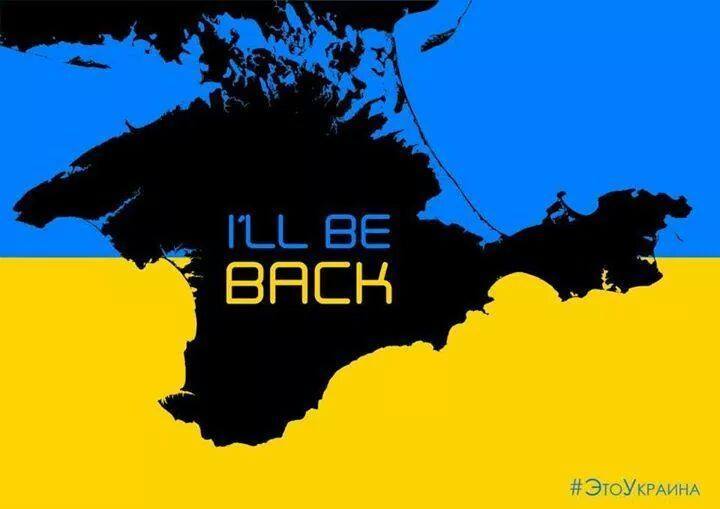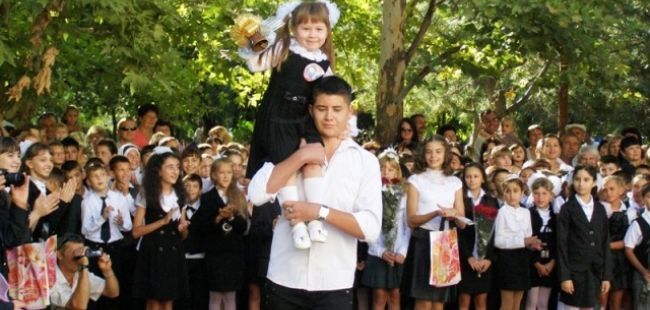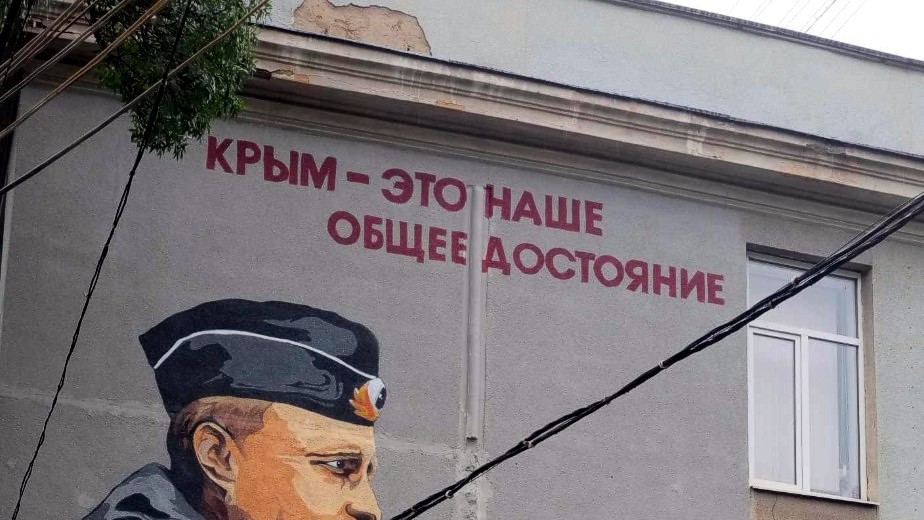Soviet and Russian censuses have always been used for political purposes even if that has required massive falsification. Stalin scrapped the 1937 enumeration entirely, and scholars have identified massive distortions in the 2002 and 2010 counts. But rarely has Moscow announced in advance that its purposes were political, something which makes falsification more likely.
That has now happened. Russian Prime Minister Dmitry Medvedev has approved funds for a census to be conducted in Russian-occupied Crimea between September and December of this year. In announcing this, the Russian premier said that “existing data do not reflect the real social-demographic characteristics of the population."
“Kommersant” reported that this was the case because Kyiv conducted the last census in Crimea 15 years ago, but two experts made clear that what this new census is about is showing that the Crimean Tatars and the Ukrainians form smaller shares of the peninsula’s population than either group believes.
Aleksandr Formanchuk, head of the Crimean Experts Club, said that the census will help “stop attempts” to suggest that the Crimean Tatars are more numerous than in fact they are. The Crimean Tatar Mejlis says there are 450,000 Crimean Tatars on the peninsula, but officially there are only 270,000. The new census will put an end to efforts to distort the situation.
And Sergey Kiselev, an instructor at the Tauride National University, said that the new census will overcome the pro-Ukrainian “distortions” that were part and parcel of earlier enumerations. He said that Kyiv had especially falsified data on Ukrainian language use as well as on ethnic identity.
The results of the new Russian-organized census “will surprise” people, he continued. “Many who had called themselves Ukrainians will become Russians.” He suggested that this was “connected with the conformism of Crimeans” who declared one thing when Kyiv was in charge and another when Moscow is.
Conducting such a census was proposed by Vladimir Zorin, the deputy director of the Moscow Institute of Ethnology and Anthropology, immediately after Moscow annexed the Ukrainian peninsula. He said at the time and has repeated since that “exact data are required for the harmonization of inter-ethnic relations” in Crimea.





